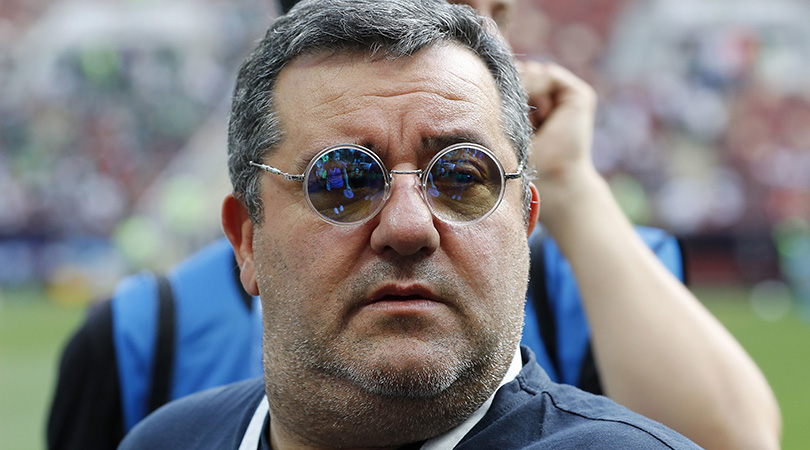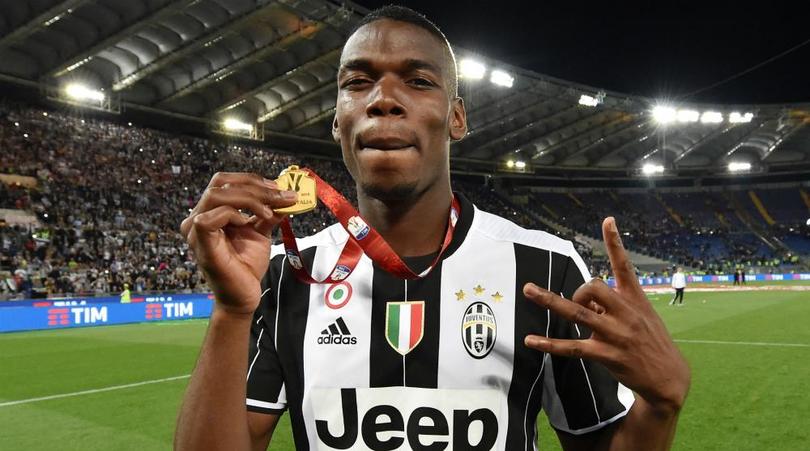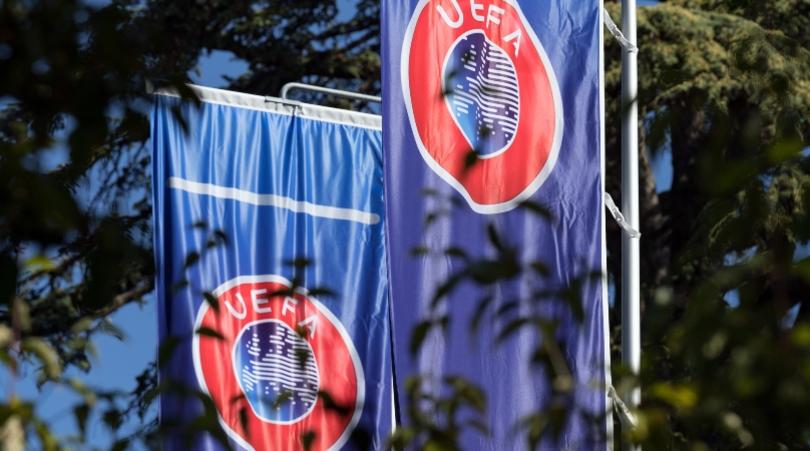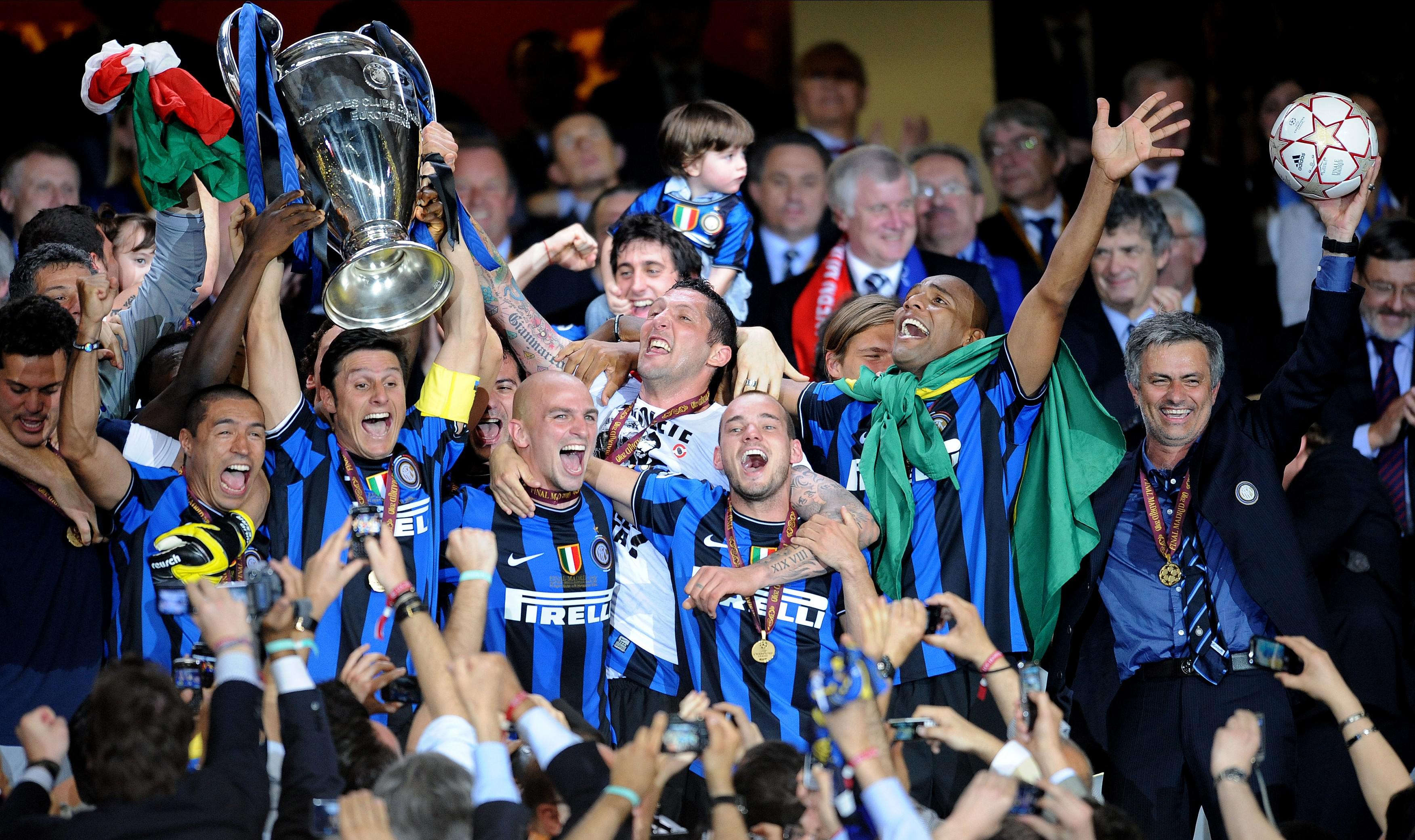Why agents might be about to see their earning power significantly weakened
Outrageous sums of money like that earned by Mino Raiola in Paul Pogba’s 2016 transfer to Manchester United could soon be a thing of the past

FIFA is expected to approve radical changes to the regulation of agents today, according to a report from the New York Times’ Tariq Panja.
The new rules will attempt to significantly reduce the fees that agents are able to charge as their players move between clubs.
Under the new legislation, agents will also reportedly be unable to act as a representative for both the buying and selling clubs in the same transaction.
Moreover, agent commission fees will be capped at 3% for buying clubs and players, and 6% for selling teams.
These restrictions would seemingly prevent the situation that arose in 2016, when Mino Raiola reportedly earned over £41 million from Paul Pogba’s move from Juventus to Manchester United, and represented all three parties involved in the transfer.
According to Football Leaks documents in 2017, Raiola trousered €27m from Juventus for helping them up the price that United paid; €19.4m from United, and another €2.6m from the Red Devils paid on behalf of Pogba for negotiating his £8.6m annual salary. Nice work if you can get it.

The Telegraph reported in March that English agents were already threatening legal action in the event of commission caps being introduced, and the fresh rulings are likely to provoke a similar response.
Get FourFourTwo Newsletter
The best features, fun and footballing quizzes, straight to your inbox every week.
The perceived free rein afforded to agents has long been a concern of football’s international governing body and its president, Gianni Infantino. FIFA essentially halted direct regulation of players’ agents in 2015 while Sepp Blatter was still president, but Infantino has been vocal in his desire to introduce more stringent laws.
In 2018 he said: “I am very concerned about the huge amount of money that is flowing out of the football industry. These increasingly larger transactions are often not done in a clean, open manner and raise a lot of questions about potential misuse of funds.”
Earlier this year, Infantino reiterated FIFA’s commitment to controlling the industry.
“UEFA and FIFA are working together on a very important issue, which also has ethical implications, and a business that moves €8 billion every year,” he said. “The profession of agents must be regulated.
“People talk so much about the USA being the country of deregulation, but they have very strict laws there and even the threat of prison. That is not the case in Europe. It is time to intervene.”
The new regulations will come into place following the launch of a FIFA task force by Infantino, which produced an internal report in 2018 describing player agents as the central figures in a “plague” of conflicts of interest. They are expected to be rubber-stamped by FIFA’s ‘Players’ Status Committee’ (PSC) today.
Between February 2018 and the end of January 2019, Premier League clubs alone paid a record £260.6m in agent fees. Liverpool spent the most, with £43.8m.
Changes are also coming to the loan transfer market according to the New York Times’ report, with clubs facing a cap of six outgoing and incoming short-term transfers per season by 2022/23. The loan restrictions will not apply to homegrown players trained by the club or those under the age of 21.
This could have a dramatic impact on the transfer policies of clubs like Chelsea and Manchester City, who are regularly accused of stockpiling players in the knowledge they can be easily loaned out; often to designated affiliate clubs.
In 2016/17, Chelsea had over a dozen players out on temporary deals (including Juan Cuadrado, Loic Remy and Baba Rahman), which would not be allowed under the incoming regulations.
The PSC is also expected to rule on a settlement regarding Emiliano Sala’s transfer from Nantes to Cardiff. The Welsh club may be required to pay £15 million for the Argentine, who died in a plane accident travelling to join his new club. Both clubs are expected to appeal to the Court of Arbitration for Sport in the event of a displeasing ruling.
While you're here, why not take advantage of our brilliant subscribers' offer? Get 5 issues of the world's greatest football magazine for £5 – the game's greatest stories and finest journalism direct to your door for less than a pint in London. Cheers!
NOW READ...
QUIZ! Can you name the line-ups from Tottenham's last trophy win? (2008 League Cup Final)
LIST 9 of the weirdest players awards we've seen in football
WATCH Premier League live stream 2019/20: how to watch every game from anywhere in the world
Alex Jennings spent the 2019-20 season on loan at FourFourTwo writing digital features and now works on the Daily Mail’s sport desk. He has also written for the Independent and is a proud Italophile. As a fan of Everton and the England national cricket team, he is, frankly, tired by success.

